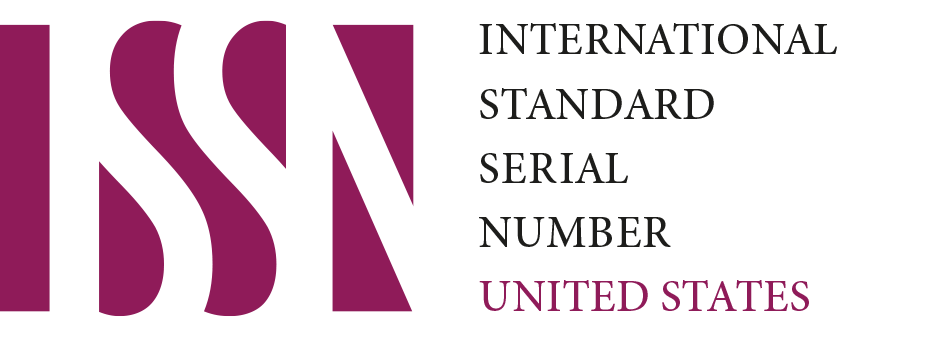The Role of Teachers as Facilitator of Holistic Education: Current Approaches to Teaching
DOI:
https://doi.org/10.59613/global.v1i2.15Abstract
This journal article delves into the essential role of teachers as facilitators of holistic education and explores contemporary approaches to teaching that foster the development of well-rounded individuals. Holistic education aims to nurture not only cognitive abilities but also emotional, social, and moral dimensions, equipping students with the skills and values necessary for success in an ever-changing world.
Through an extensive review of current educational practices and pedagogical strategies, this research examines how teachers act as key enablers of holistic education. It analyzes various teaching methodologies, including experiential learning, project-based learning, inquiry-based learning, and the integration of technology, to understand their impact on student development.
The findings emphasize the critical influence of teachers in shaping the learning environment and fostering the holistic growth of students. Teachers play a central role in creating a safe, inclusive, and engaging classroom atmosphere that promotes not only academic achievement but also social and emotional well-being.
Moreover, this research discusses the importance of teacher training and professional development programs to equip educators with the skills and knowledge required for implementing holistic teaching approaches effectively. It underscores the need for ongoing support and resources to empower teachers in their facilitation of comprehensive education.
The article also addresses the challenges and opportunities associated with implementing holistic teaching practices, taking into account diverse cultural and contextual factors that can influence education. It highlights the importance of collaboration among educators, administrators, and policymakers to create a conducive environment for holistic education.
In conclusion, this research contributes to the ongoing dialogue on the role of teachers in holistic education and the evolving approaches to teaching in the 21st century. It underscores the significance of educators in shaping the future of education and preparing students for life as responsible, compassionate, and well-rounded citizens in a globalized world.














